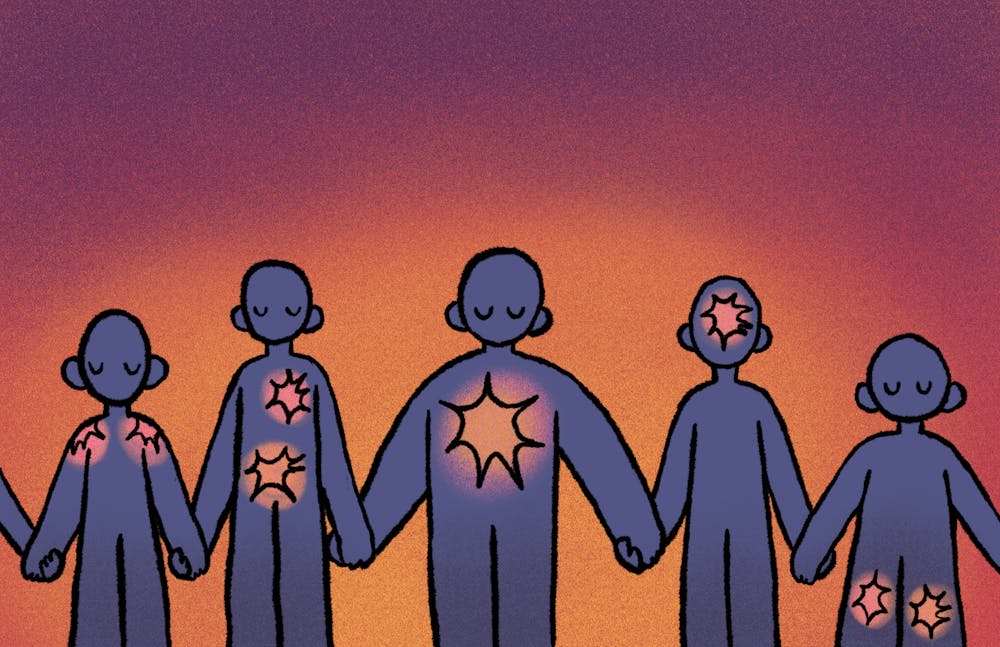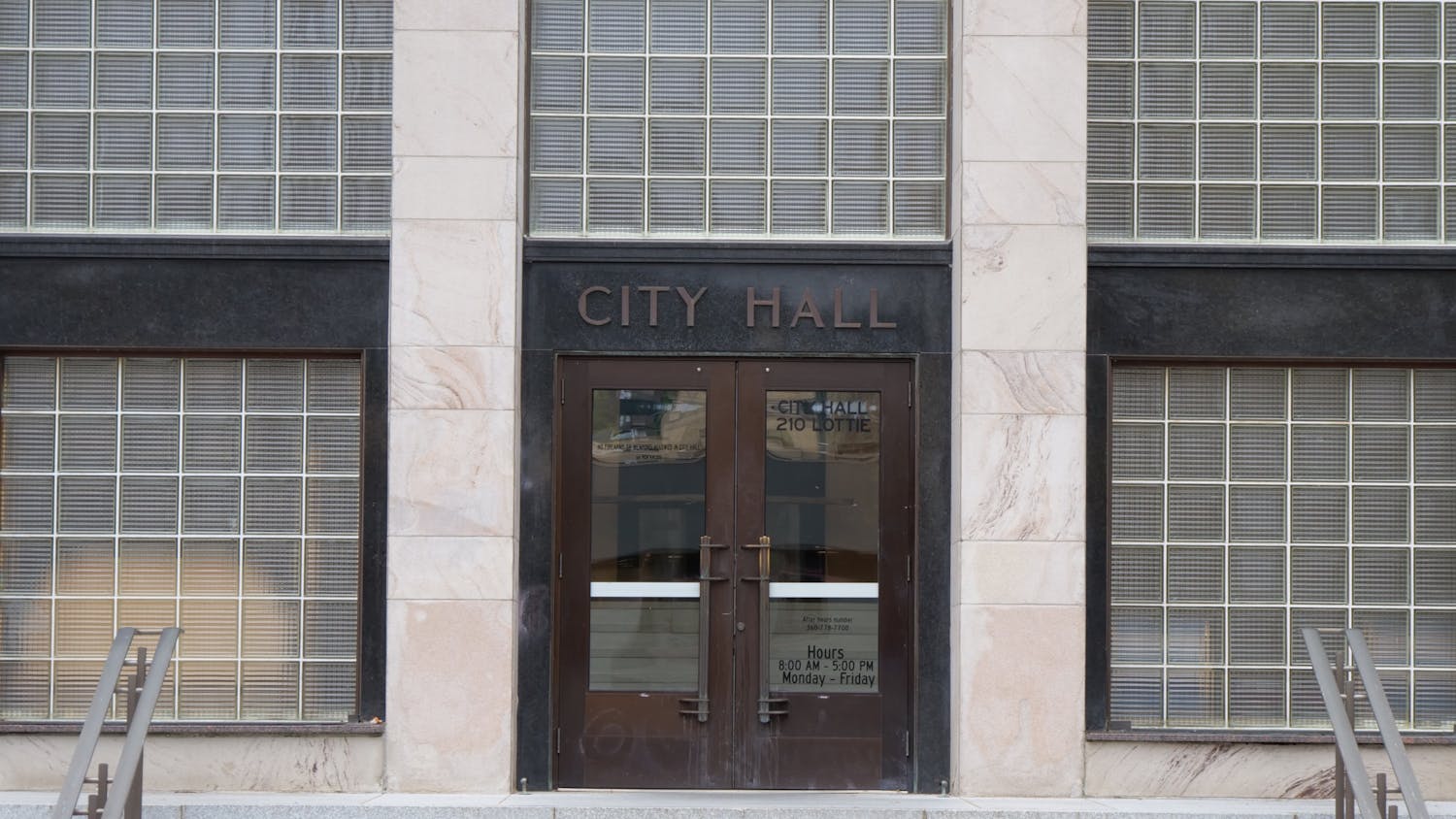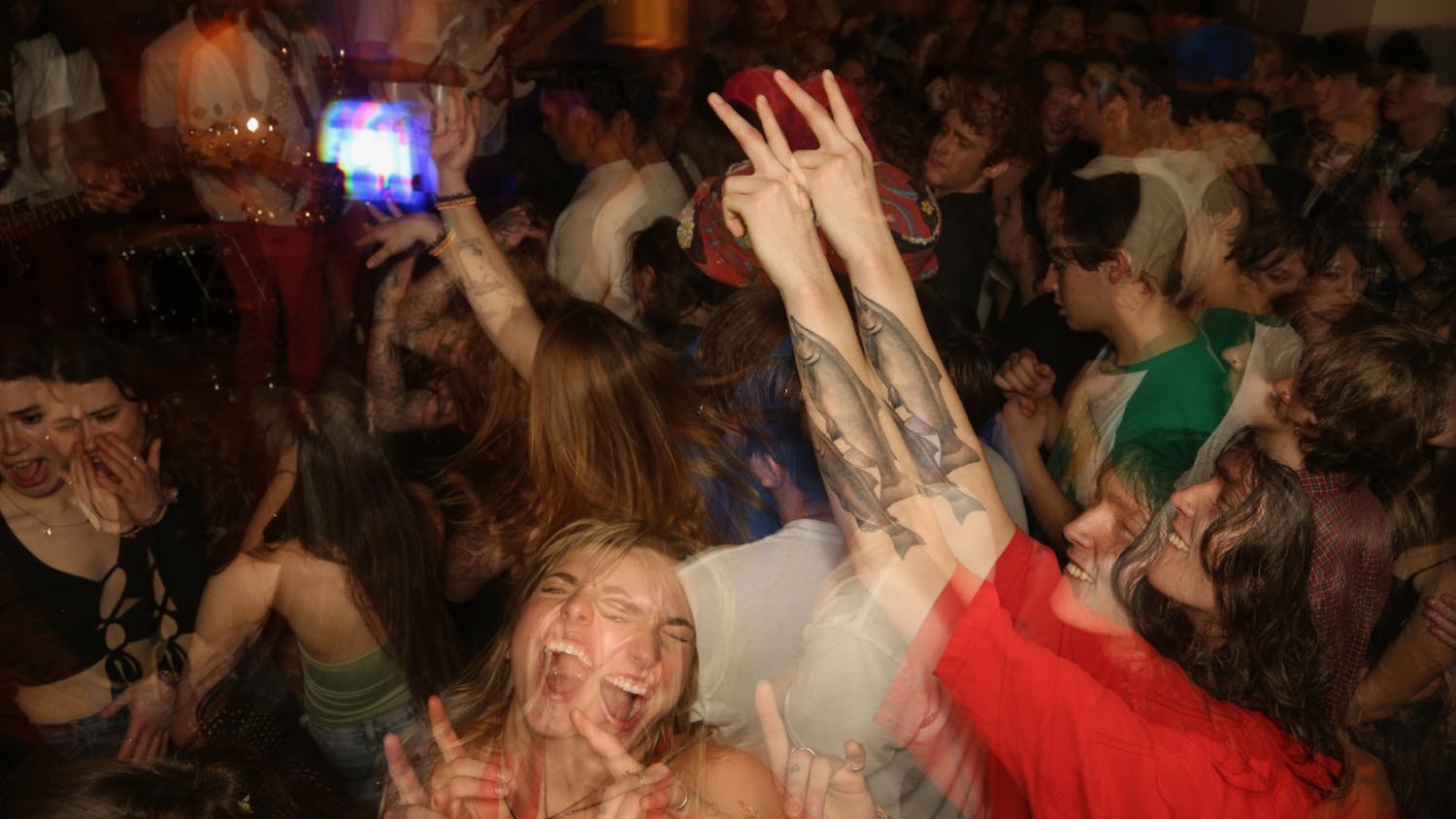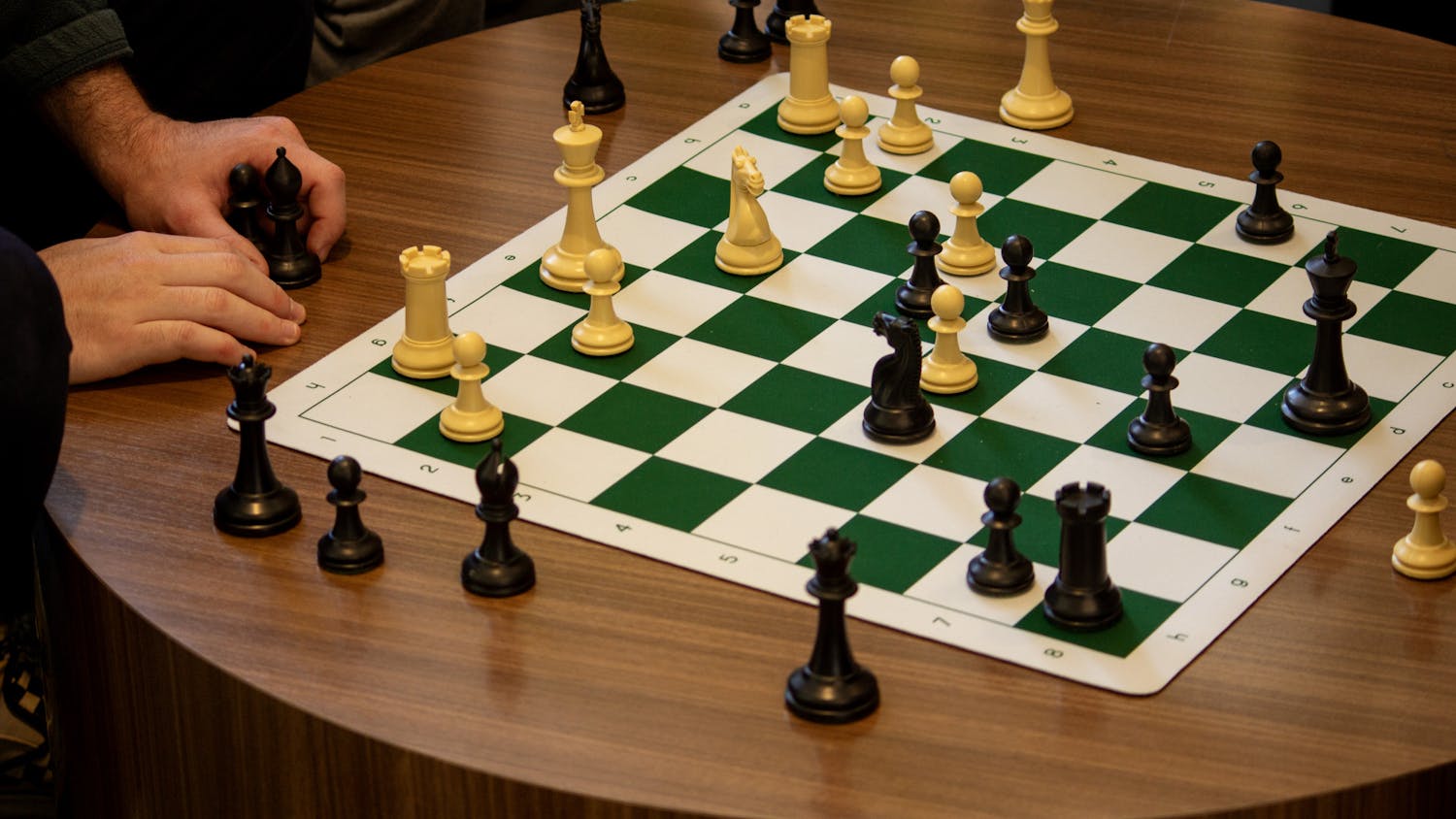Editor's note: After consulting with affected individuals, The Front has amended the initial use of the term "invisible illnesses" to "chronic pain or fatigue" in the following story. Our publication is committed to accurately representing sources and we apologize for any distress caused.
Spoons and Knives serves as a support space to Western Washington University students experiencing chronic pain or fatigue. It is facilitated by the Disability Outreach Center student staff, who help create a low pressure social environment.
Charlie Flewelling, Disability Accommodations Center access manager and a creator of these meetings, said Spoons and Knives is not a therapy space. Alternatively, it’s more of a social and processing space with optional, low-key activities like coloring or crafting.
Spoons and Knives aims to provide support by getting those with shared experiences in the same room.
“Chronic pain and fatigue are areas where some experience issues that reside in the body, in ways that the social construction of disability may not address,” Flewelling said. “It can be useful to share space and let folks give voice to the issues they encounter, and perhaps build community around that shared experience.”
This can affect many areas of life, and comes with its own unique set of struggles.
Gavin Roberts is a 23-year-old living with chronic recurrent multifocal osteomyelitis, a rare autoimmune disease that causes chronic pain. They explained the difficulties and thought processes that come with weighing their health in opposition to what the daily facets of life demand.
“I learned as I got older that a lot of that is internalized ableism and just wanting to be normal. But that created a bunch of extra issues for myself, like pushing myself to do things socially or physically that I felt like I should be able to do because other people in my life were — even when that was coming at a personal cost,” Roberts said. “It felt like I didn't have anyone to talk to about it because it was such a rare condition. And I didn't realize that there's all kinds of different struggles people have with ability.”
Brock Sieb, Eastern Washington University’s interim director of Student Accommodations and Support Services, emphasized the importance of social support in addition to university accommodations. Eastern offers supportive spaces in the form of group counseling sessions, social lunches and more in an effort to prioritize disabilities that are not always obvious from the outside, such as ADHD or autism.
“Being able to go into a space where, if you have a situation that you're working through, or just need to share, ‘This is something that is happening in my life right now’– other people get it,” Sieb said. “It's very different from explaining it to a friend that maybe doesn't have the same diagnosis or the same way that their brain works, where you can be empathetic. But there's a difference with somebody who has shared lived experience.”
Although Spoons and Knives is a space for those with chronic pain and fatigue, meetings welcome any and all interested participants. They meet weekly on Fridays from 2 to 3 p.m. in Wilson Library 165.
“I've been really grateful for the people, friends, doctors who have been curious enough to hear me out, listen to my experience and help accommodate the fact of my life in those relationships. I've taken notice of those things and tried to work harder to be that way with other people, even if it's not because of disability,” Roberts said. “Just being open to taking people at their word about what's going on in their experience is really powerful.”
Mina Di Virgilio (she/her) is a campus life reporter for The Front this quarter. She is a third-year Spanish major and journalism/public relations minor. Outside of reporting on Western’s campus, Mina enjoys reading, drawing, and figure skating. You can reach her at minadi.thefront@gmail.com.






